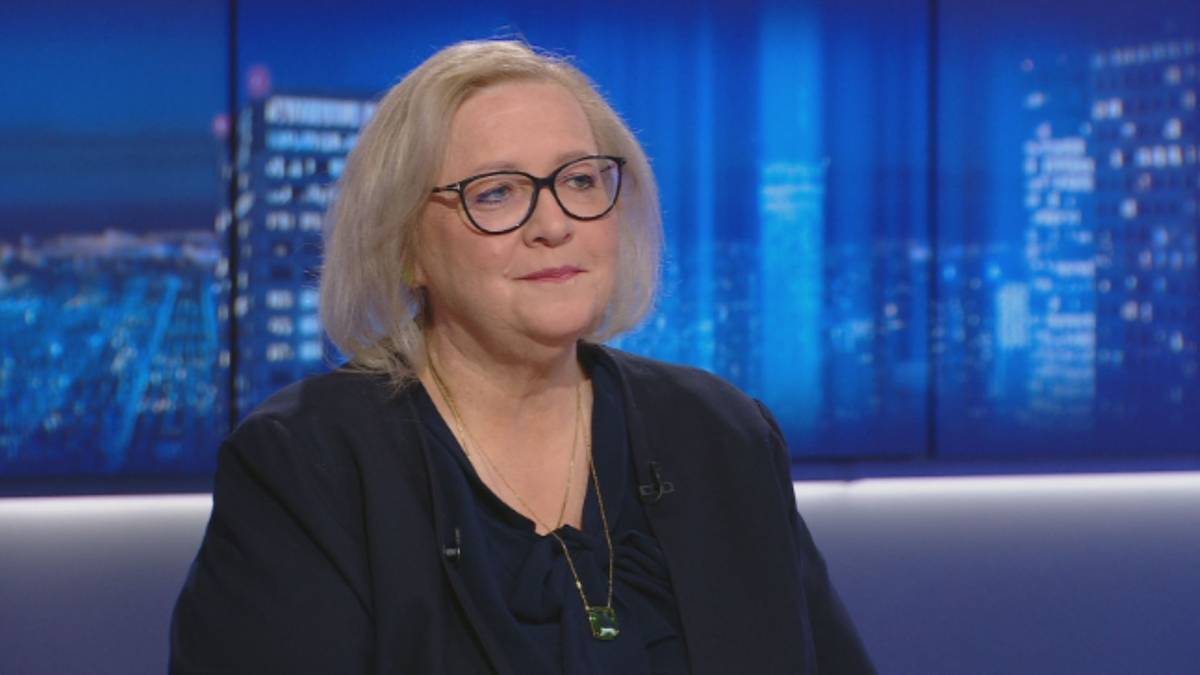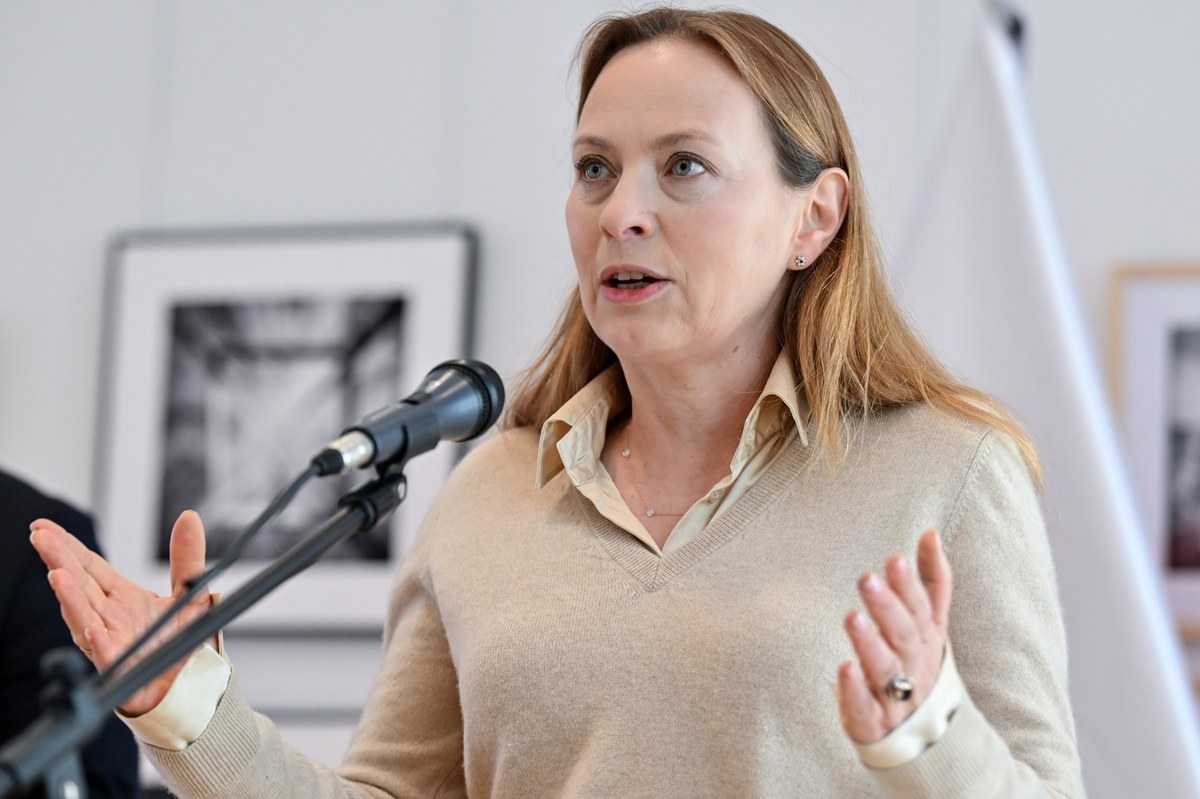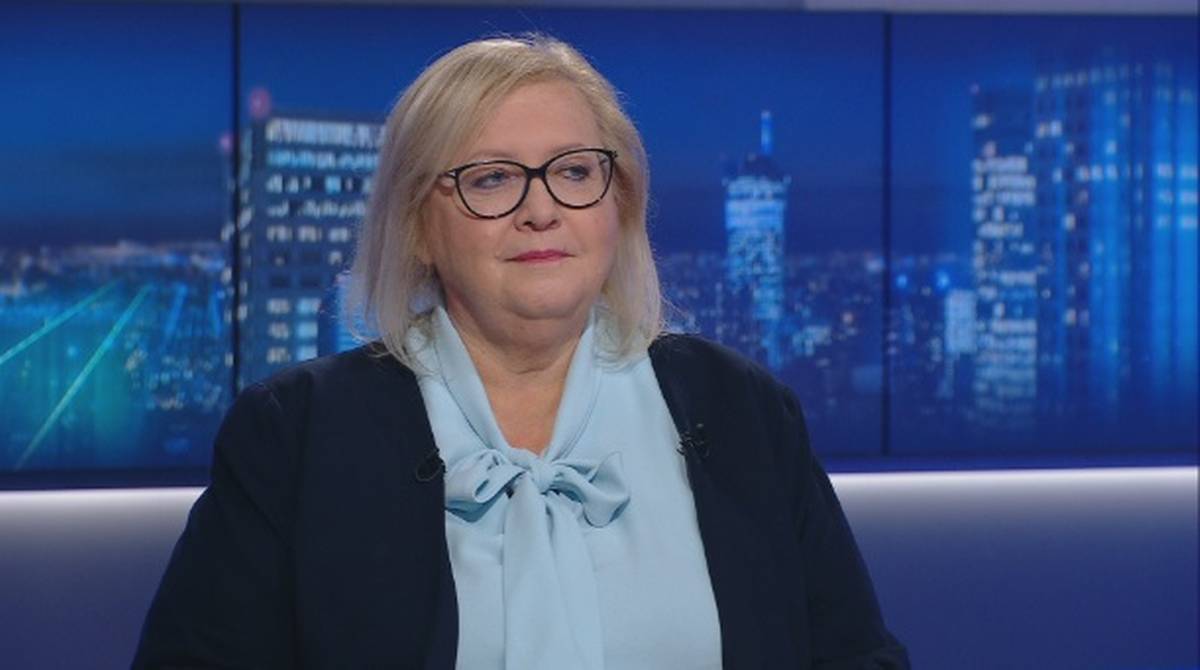The grave can be damaged by falling branches, windstorms, works at adjacent graves or vandals, but besides deficiency of care. In turn, failure to pay may consequence in the demolition of the grave after years, and this can be a large blow to the loved ones buried.
Dispensers of the grave
Each of them can intervene on the cemetery's board of directors, most likely besides pay an outstanding fee, but more serious repairs can be carried out by a grave's representative.
The owner of the grave is most frequently the 1 who bought a place in the cemetery, built a tomb for himself and his household (founder) and is registered in the cemetery books. In practice, he is frequently the heir to the funder. However, often, especially at older tombs, the issue of having a grave (according to cemetery regulations) is complicated. any die, others are buried in a tomb, and their loved ones get the right to cultivate their memory on that grave, even if they have nothing to do with the Founder of the tomb.
And the relatives of the buried can defend the integrity of the grave, no substance who it belongs to. That's where the immeasurable part of the right to the grave comes in. The ultimate Court’s case law assumes that non-material elements of the right to a grave dominate assets, but the balancing of these goods frequently ends in court.
Protection of the grave
– A close buried person, even if not the owner of the grave, can fight possible obstacles to commemorating his deceased, for example by blocking the plaque with his name, or demanding the refurbishment of the grave, which is the work of his landlord. On the another hand, the cemetery's board may require taking care of the environment, e.g. arranging the decaying neighbouring grave, which may endanger the integrity of his relative's grave. He may besides object to the ‘sale’ by the owner of the free condition of the tomb to a stranger, as indicated by Justyna Witas-Boyek, legal counsel.
The interference to the right (both in the property and in the immeasurable part) to the grave may, unfortunately, go further.
This shows the case of M., who failed to guarantee on the board of the Rakowicki Cemetery in Krakow her rights to a magnificent centennial tomb in the main avenue where her grandfather's second wife was buried. She was close to her since she was a child, but in the 1980s she left for Australia and only after the fall of the Polish People's Republic she came to Poland all 2 to 3 years. Meanwhile, in 1998, a very distant comparative of people buried there years ago initiated efforts for the grave and buried in it a brother, and then his parents, which the Krakow courts qualified as an illegal activity and affecting the individual welfare of M. (in the form of nurturing the memory of her relatives), but refused to exhume the people buried there illegally.
– In clashing respect for the peace of the dead and the right to the grave, respect should be given, unless exceptional circumstances warrant specified a drastic measurement as exhumation. The defendant's household can so proceed to come to the grave, has the right to worship his dead, but cannot hide further relatives there," said SN.
Advocate Jacek Sinski, a partner from SKS, points out that having a vacant place in a grave exceeds the usual board and requires the consent of all co-authors, while retaining their right to worship their ancestors and loved ones. However, the financial issues, the expenditure on the construction of the grave, the burial charges and a good deal should not be overlooked in advance between the closest buried agreement on the future disposal of the grave.
And if the right to the grave is changed, it should be inherited, due to the fact that even average possession is subject to inheritance protection.















